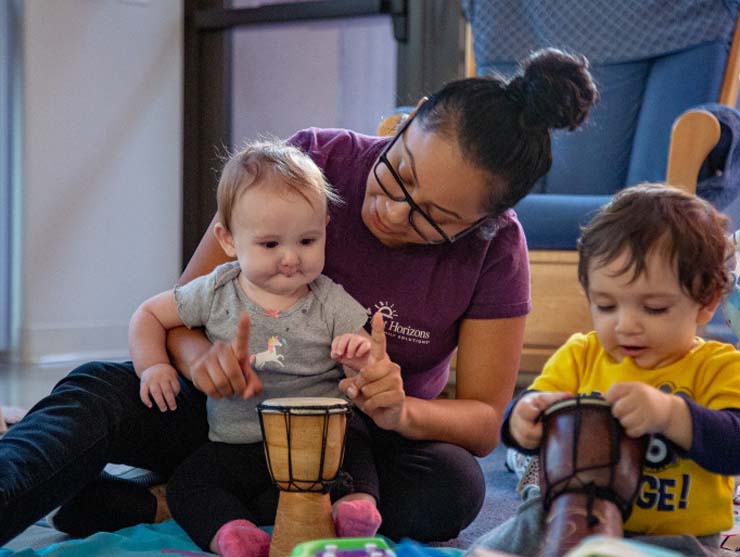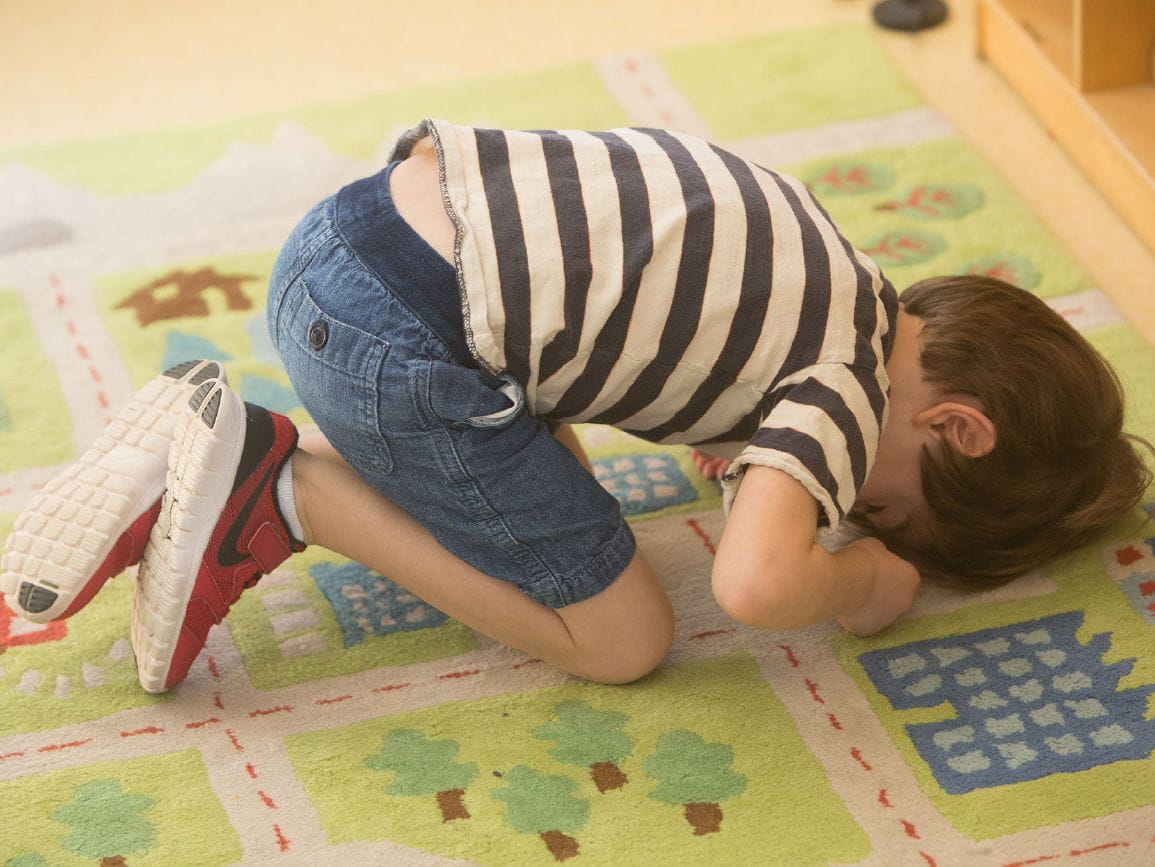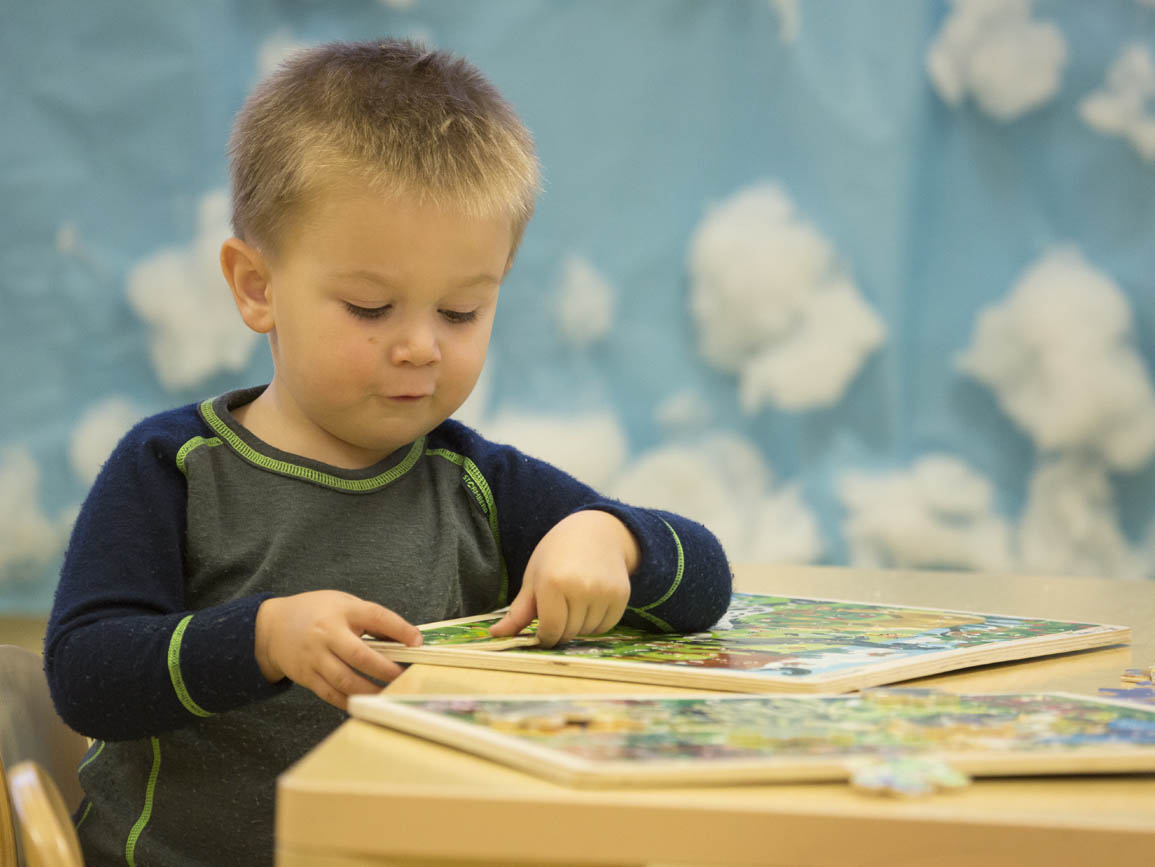Mischel followed these children over time and found that those who waited for two marshmallows (demonstrated impulse control), had higher SAT scores when they were in high school and were more goal-oriented in academics and other pursuits, got along better with others and were more effective problem solvers. Apparently being able to delay gratification to achieve a greater goal is an important life skill.
It turns out there are ways to teach delayed gratification to children. For example:
- Give children ideas for things to do while they are waiting (hum a favorite song, tell a favorite story, etc.). You can help children learn distractions to keep from focusing only on eating the marshmallow or another activity they are waiting for.
- Use natural waiting times (riding in the car, waiting at the doctor’s office, etc.) to reinforce this life skill. Talk about how long you have to wait. “When the little hand on my watch gets to the 6, it will be time for us to go in.” Or, “I see you are looking at your book. That is a good thing to do while you are waiting.”
- Validate that it is hard to wait. “I know it is hard to wait, but you are doing a good job. I sometimes find it is hard to wait too.” Acknowledging your child’s feelings is a powerful way to strengthen a behavior. At the same time, don’t expect children to wait just for the sake of waiting. There will be plenty of natural opportunities to wait without creating opportunities.
- Help children develop their imagination during waiting times. “While you are waiting, can you think of a time you were really happy?” Or “If you could have any animal in the world for a pet, which would you choose? What do you think it would be like to have that kind of pet?”
If you try this with your child, don’t worry that their fate is sealed if they immediately eat the marshmallow! You can help build this important life skill of self-control.
Additional Resources:
- To learn more about the marshmallow study, self-control and other life skills children need, read Mind in the Making: The Seven Essential Life Skills Every Child Needs by Ellen Galinsky. New York: HarperCollins Publisher, 2010. Or read a NY Times review of the book.
- Get some more ideas to do while waiting - I Spy with My Little Eye, Packing Up for a Picnic Word Game, and What If?
- Learn more ideas in the article, Teaching Your Child Self-Control, from KidsHealth.org





